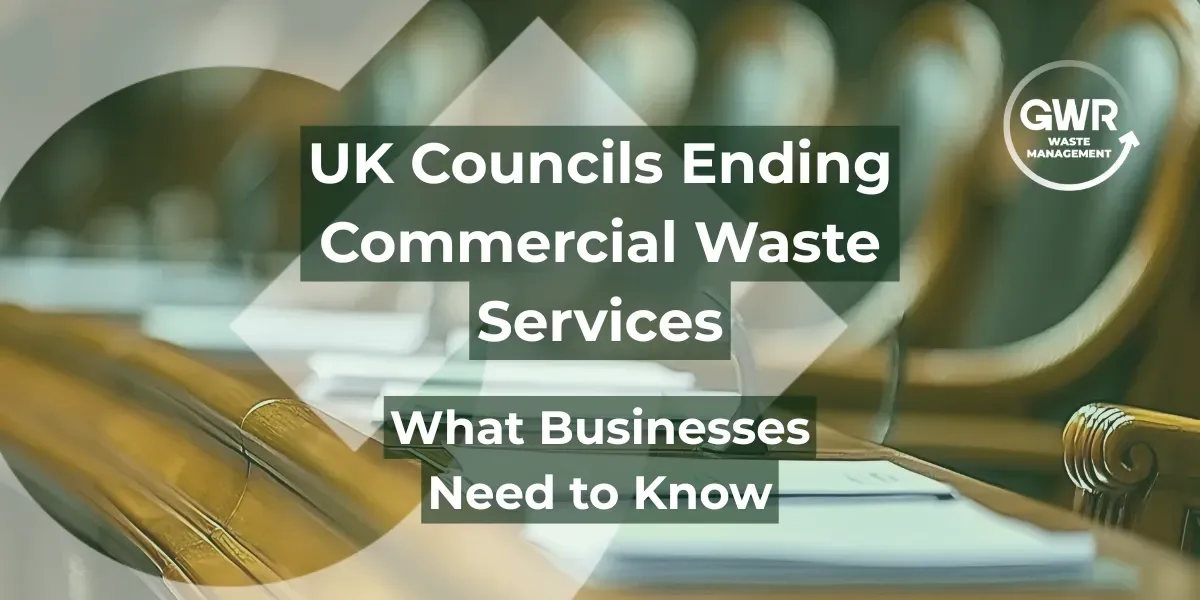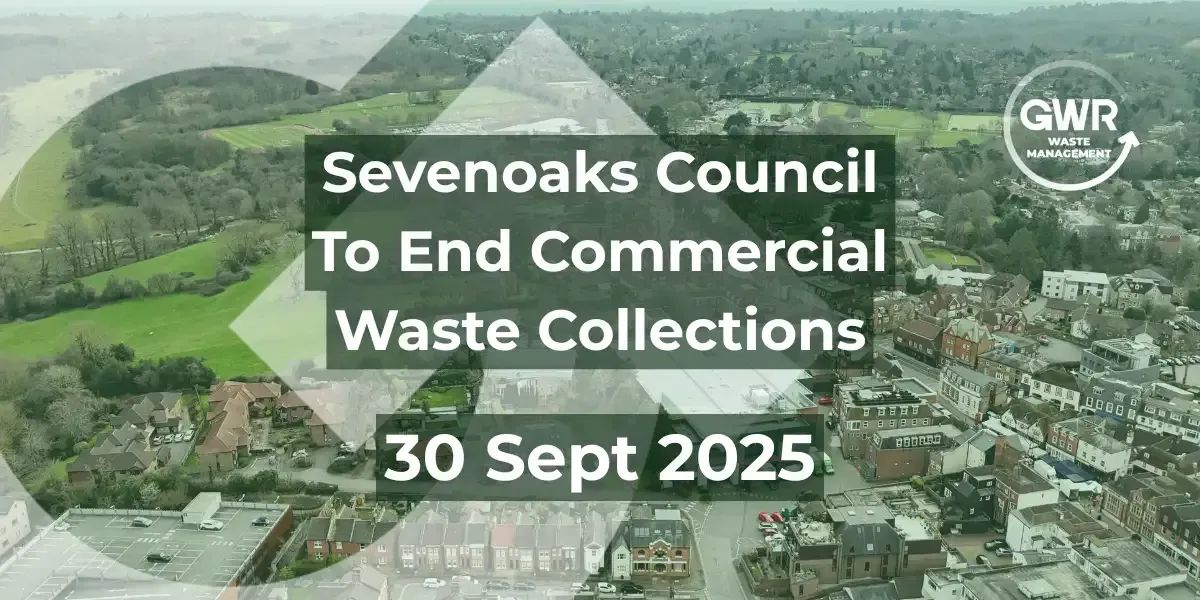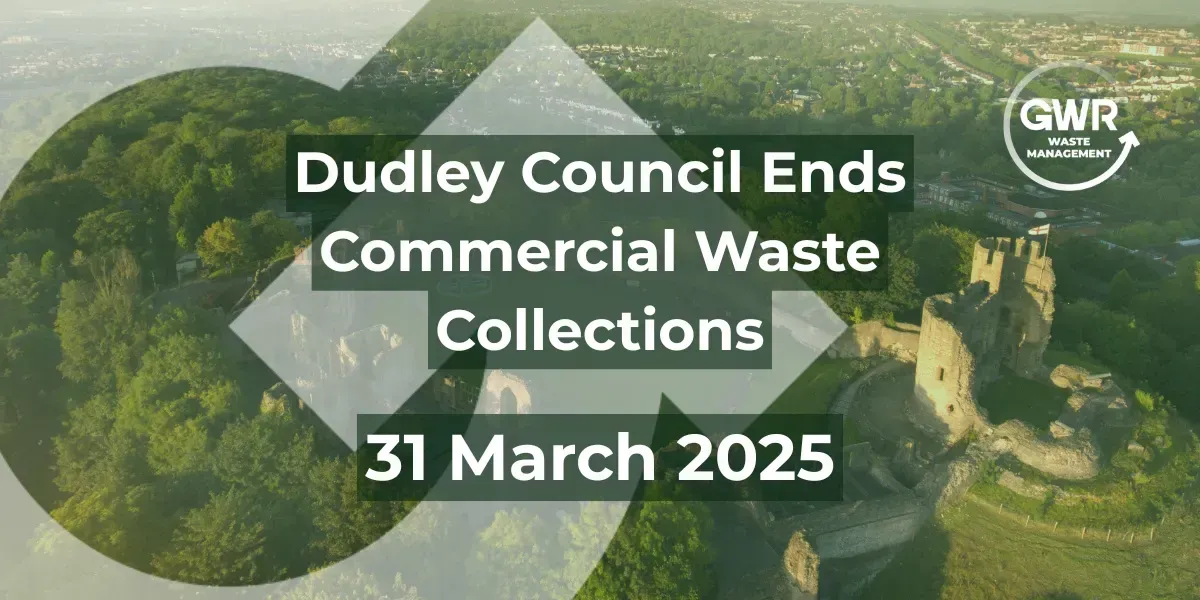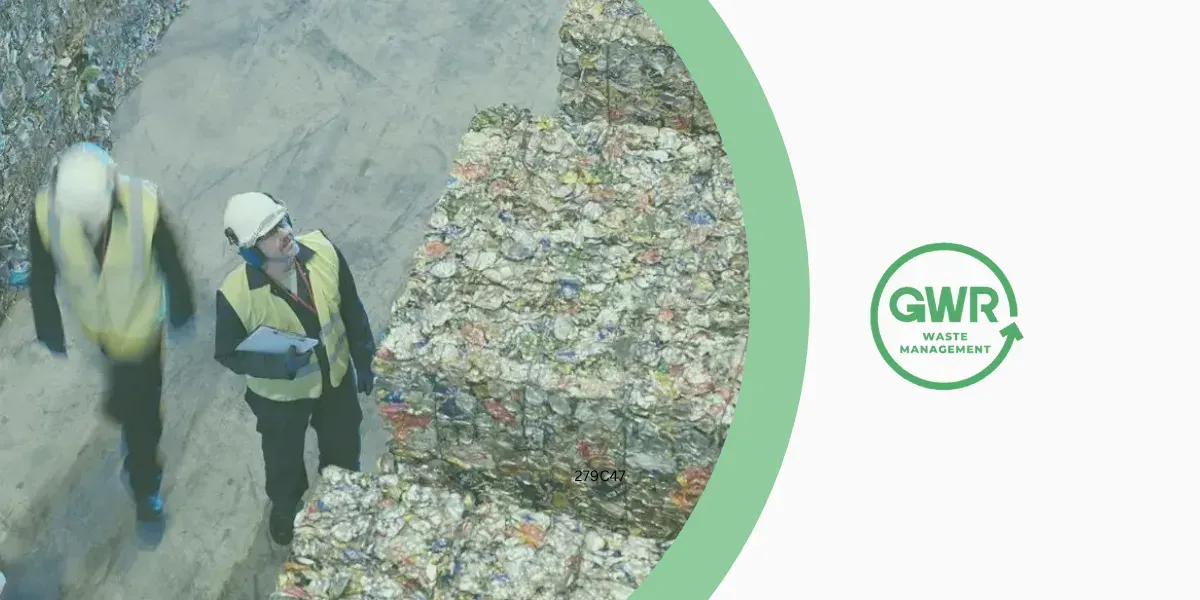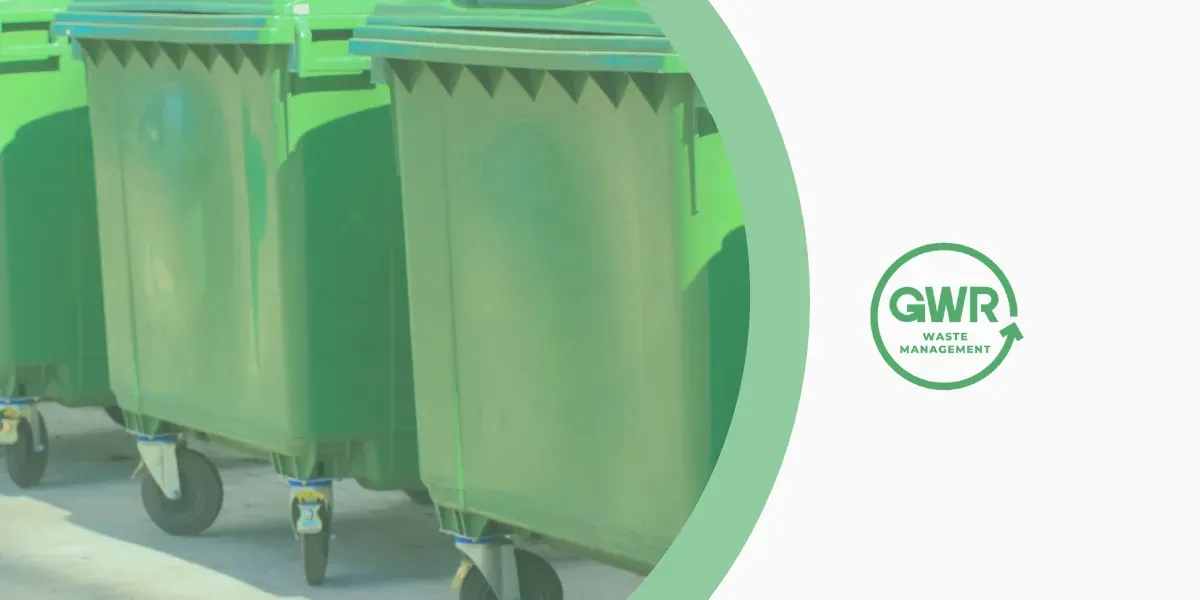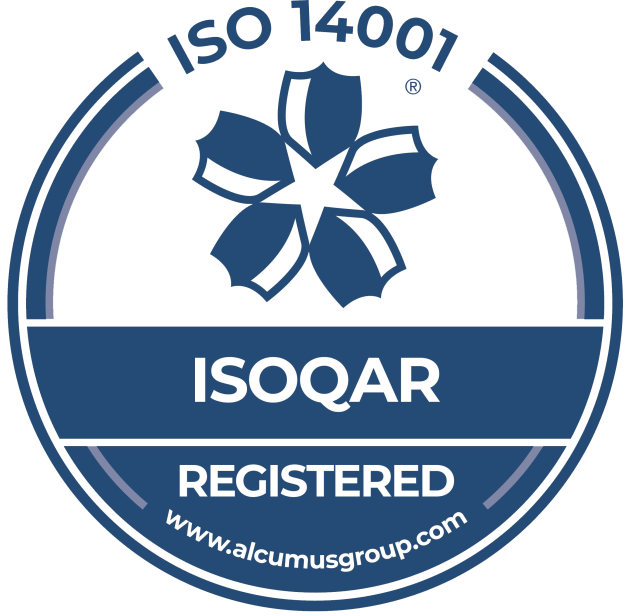DEFRA’s Simpler Recycling Reforms For England
Start Preparing Your Business For Simpler Recycling Reforms 31 March 2025.
Get affordable and hassle-free food waste recycling services with GWR Waste Management.
Get in touch to talk to one of our waste experts.
The Department for Environment, Food and Rural Affairs (DEFRA) has recently published guidance on the Simpler Recycling Legislation, which is scheduled to take effect from
March 31, 2025. The legislation will initially impact businesses, followed by households.
Introducing A Standardised And Consistent Approach
DEFRA is proposing exemptions that would permit the collection of all dry recyclables—including paper, cardboard, plastic, metal, and glass—in a single bin. This would eliminate the need to separate materials, allowing all recyclables to be placed in one convenient container.
Under the
proposed changes, food waste will also be collected in a dedicated bin. While some councils already provide this service to households, the update aims to establish a consistent approach to
food waste collection nationwide for both households and businesses.
The objective is to address the disparity in recycling capabilities across different areas of the country, ensuring a more uniform approach to recycling. Additionally, the plan seeks to combat waste-related crime, which currently costs the country approximately
£1 billion annually, through the implementation of new mandatory digital waste tracking systems.
What Is DEFRA’s Simpler Recycling Plan And What Does This Mean For Businesses?
All businesses and non-household municipal premises, such as schools and hospitals, will be required to adopt recycling practices similar to those of households. This includes a legal obligation to separate food waste from other waste streams.
Business waste collections will now mandate at least a
dry mixed recycling bin and a
food recycling bin, covering the recycling of food waste, glass, metal, plastic, and cardboard.
As of May 2024, the
legislation has been updated to extend these requirements to additional non-household municipal premises, including penal institutions, charity shops, and locations used for public meetings.
Effective from
March 31, 2025, all businesses in England—except those classified as
micro-businesses with fewer than
10 full-time equivalent (FTE) employees—will be required to present the following materials for recycling:
Paper And Cardboard Waste:
- All types, except:
- Paper and card containing glitter or foil
- Laminated paper
- Stickers and sticky paper
- Padded lined envelopes
- Paperback and hardback books
- Wallpaper
Plastic Waste:
- Plastic Pots, tubs, and trays made of PET (including amorphous, recycled, and crystalline PET), PP (including expanded PP), and polyethylene (PE)
- Plastic bottles made from polyethylene terephthalate (PET, including amorphous and recycled PET), polypropylene (PP), and high-density polyethylene (HDPE)
- Polyethylene and Polypropylene plastic tubes larger than 50mm x 50mm
- Cartons for food, drinks, and other liquids, including aseptic and chilled cartons
- Plastic film packaging and plastic bags made of mono-polyethylene (mono-PE), mono-polypropylene (mono-PP), and mixed polyolefins (PE and PP), including those metallised through vacuum or vapor deposition (to be included from March 31, 2027)
Glass Waste:
- Glass packaging, including bottles and jars
Metal Waste:
- Steel and aluminium tins and cans
- Steel and aluminum aerosols
- Aluminium foil
- Aluminum food trays
- Steel and aluminium jar and bottle lids
- Aluminium tubes
Food Waste:
- All food intended for human or household pet consumption, regardless of nutritional value
- Biodegradable material resulting from food processing or preparation, including inedible parts such as bones, eggshells, fruit and vegetable skins, tea bags, and coffee grounds.
How Will These Reforms Affect Waste Operators?
According to the Environment Agency, approximately 18 tonnes of waste in England may be managed illegally, adversely affecting the environment. Reforming the licensing system for waste carriers, brokers, and dealers, along with implementing mandatory digital waste tracking, is intended to centralize reporting and reduce illegal waste activities.
Plans are underway to regulate the handling and waste tracking and the methods of data collection through mandatory waste tracking and reporting. While specific details have not yet been released, this initiative is expected to enhance the ability of regulators to detect waste-related crimes. The new system will record data from the point of waste generation to its final disposal.
This will provide regulators with the necessary information and evidence to hold waste offenders accountable. Additionally, there will be an increase in background checks for organisations and individuals involved in the transportation of commercial waste. These measures aim to help regulators more easily identify rogue operators and make it more difficult for unlicensed waste carriers to operate.
Why Is DEFRA’s Simpler Recycling Being Introduced?
The reforms aim to streamline recycling processes, reduce landfill waste, and address illegal waste activities, fostering a more sustainable and environmentally responsible society through improved recycling practices.
The overall recycling rate in the UK has seen significant growth, rising from just 17% in 2008 to approximately 44% today. However, in recent years, these rates have plateaued and are showing signs of decline.
To help households and businesses recycle more effectively, further efforts are required to simplify and standardise recycling and waste collection practices across the entire country.
Improving Recycling Rates
Requiring all domestic waste collections to include the seven core recycling streams is expected to increase recycling rates, helping the UK reach its household waste recycling target of 65% by 2035.
Simplifying Waste Management
This legislation will standardise the types of materials that can be recycled at home or work across the UK, eliminating confusion about what can and cannot be recycled in different areas.
Preventing Waste Crimes
According to the
Environment Agency, approximately 18 tonnes of waste in England may be illegally managed, causing significant harm to the environment. Reforming the licensing system for waste carriers, brokers, and dealers, along with the introduction of mandatory digital waste tracking, aims to centralise reporting and reduce illegal waste activities.
When Will These Simpler Recycling Reforms Take Place?
While these plans are designed to shape the future, DEFRA has highlighted three key dates to be aware of:
March 31, 2025: All recyclable materials must be collected from all businesses, including schools and hospitals, with the exception of plastic film and green waste.
March 31, 2026: Households will be required to recycle all waste streams except plastic films. Local authorities will begin receiving ongoing resource funding for food waste collections, ensuring weekly food waste collections and the continuation of all core recycling services.
March 31, 2027: The focus will shift to the separation of plastic films from regular plastic waste, introducing flexible collection services for both households and businesses.
How Can Businesses Prepare For These Changes?
Businesses in the UK can proactively prepare for the upcoming changes by establishing separate recycling streams for Mixed Recycling and Food Recycling collections and partnering with a reliable waste management provider.
GWR Waste Management customers are already benefiting from
cost savings
and increased recycling efficiency by implementing a dedicated food recycling stream. We are equipped to assist all our clients in setting up tailored recycling programs at their businesses.
This approach not only reduces recycling costs but also supports
sustainability goals by ensuring that none of the waste is sent to landfill.
Final Thoughts About Simpler Recycling?
On the whole, Simpler Recycling is well received and aims to streamline recycling streams, decrease
landfill waste, and combat illegal waste activities. Implementing DEFRA's Simpler Recycling scheme across all households and businesses will standardise materials that can be recycled, ensuring consistency whether recycling at home or in the workplace throughout the UK. This will eliminate the current inconsistencies across postcode areas regarding recycling options and reduce any associated confusion.


